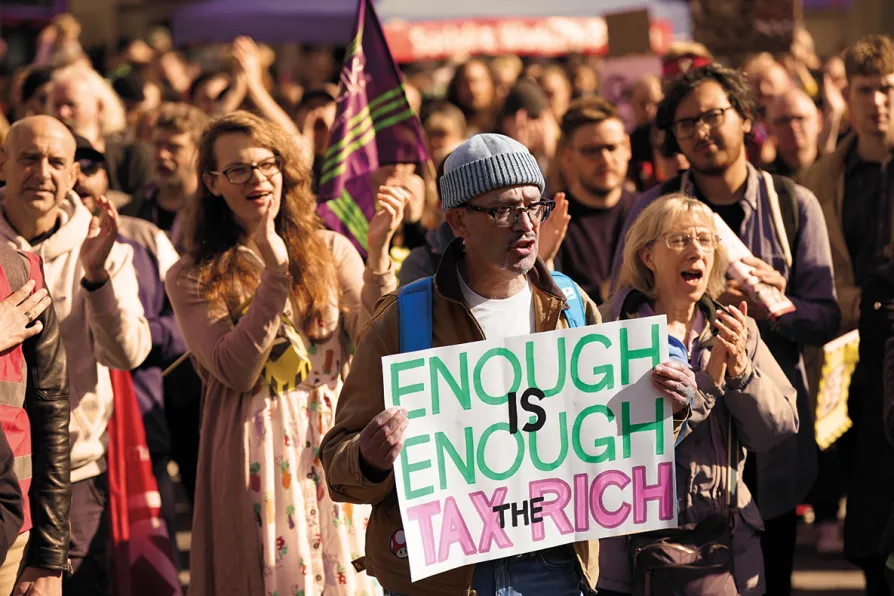Labour prospects in May elections may be irrevocably damaged by Birmingham Council’s costly refusal to settle the year-long dispute, warns STEVE WRIGHT


THE scale of the attack the Tories plan on working people and trade unions is significant. Billions of pounds of cuts in public spending are threatened.
The impact will be felt across public services — not least in the NHS — and in terms of jobs and pay too.
At the same time, the Tories plan to make it even more difficult for trade unions to take strike action to defend living standards.

It’s not just the Starmer regime: the workers of Britain have always faced legal affronts on their right to assemble and dissent, and the Labour Party especially has meddled with our freedoms from its earliest days, writes KEITH FLETT

Who you ask and how you ask matter, as does why you are asking — the history of opinion polls shows they are as much about creating opinions as they are about recording them, writes socialist historian KEITH FLETT












